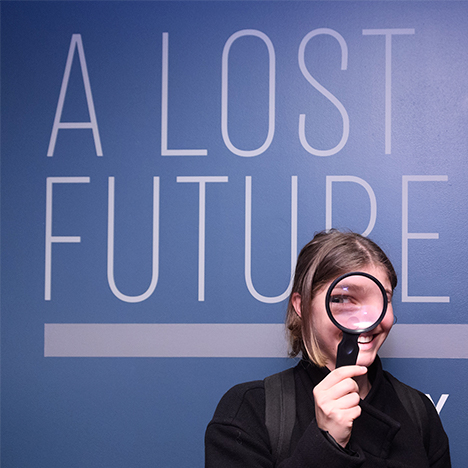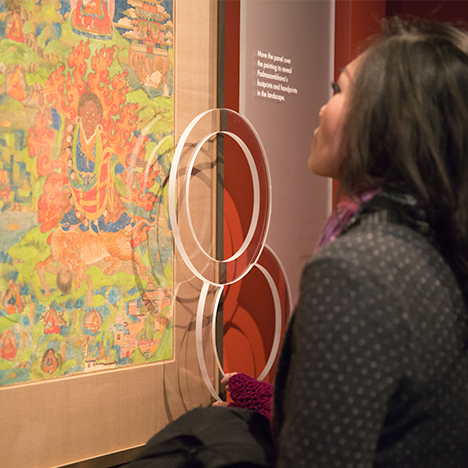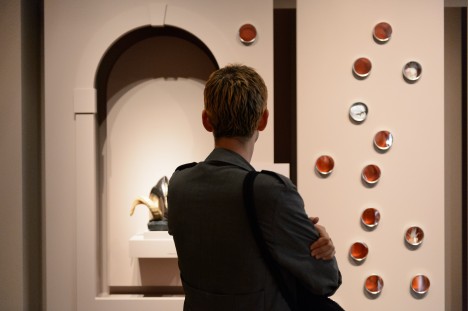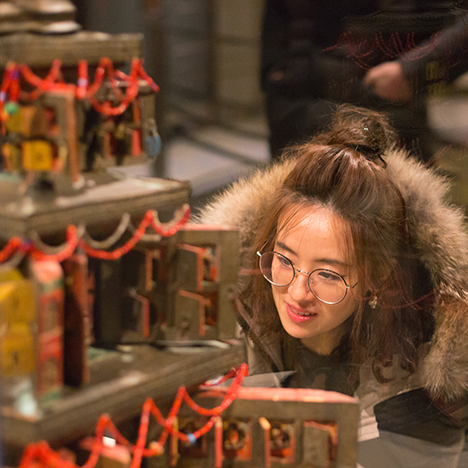
Photograph by Filip Wolak

Photograph by Filip Wolak
How long do you spend looking at a single work of art in a museum? On average, you’re likely to focus for less than 30 seconds! Not every work has the immediate magnetism of masterpieces like Starry Night or the Mona Lisa, but with the right approach, every art piece holds a treasure trove of information, inviting you to discover its magic hidden in the details.
“Slow looking” is the act of engaging with an artwork for 10 minutes at a time. Learn about slow-looking techniques below and apply them during your next museum visit.

Photograph by Filip Wolak
Have you ever felt like you’re obligated to see every work in a museum during your visit? While the idea may be tempting, it’s not necessarily the best route to a rewarding experience. Allow space for looking, thinking, and processing. We recommend spending 10 to 15 minutes at each artwork to explore the details. If you can’t commit to 10 minutes on every piece, don’t stress. After all, two focused minutes are more enriching than 30 distracted seconds.

Photograph by Filip Wolak
Gauging your initial reaction to an artwork can help you explore why you were drawn to the object and whether your first impressions are affected after deeper looking. Here are a few questions you can ask yourself:

Photograph by Filip Wolak
Pay attention to specific aspects of the artwork. Try identifying the following:
Other works in the surrounding space may influence how you see the artwork. Try refreshing your visual palate by walking away from the artwork and coming back to it later. Do you notice anything different? Are you finding anything new?
Everyone brings their own perspective to art viewing. If you’ve brought along a friend, discuss the artwork with them for a bit. What did they pick up on that escaped your initial impression? What can you learn from the differences between your assessments?
Get the latest news and stories from the Rubin, plus occasional information on how to support our work.